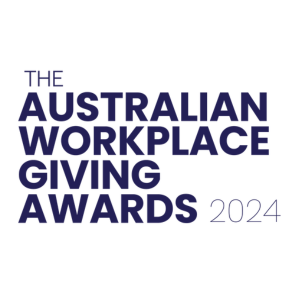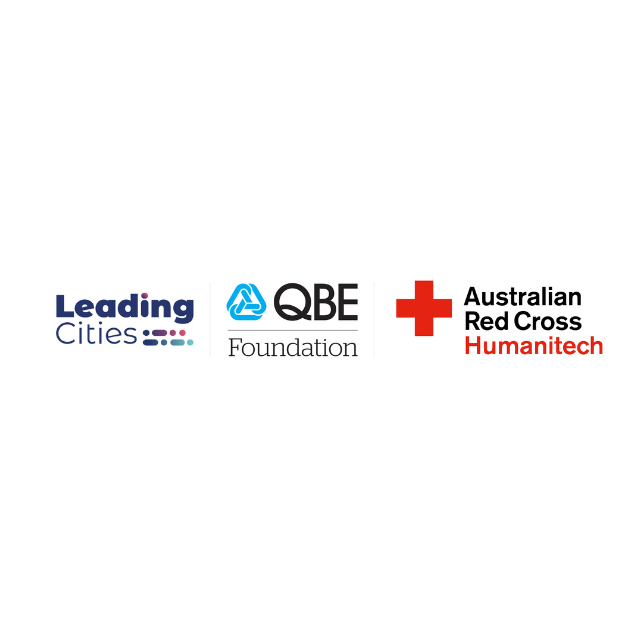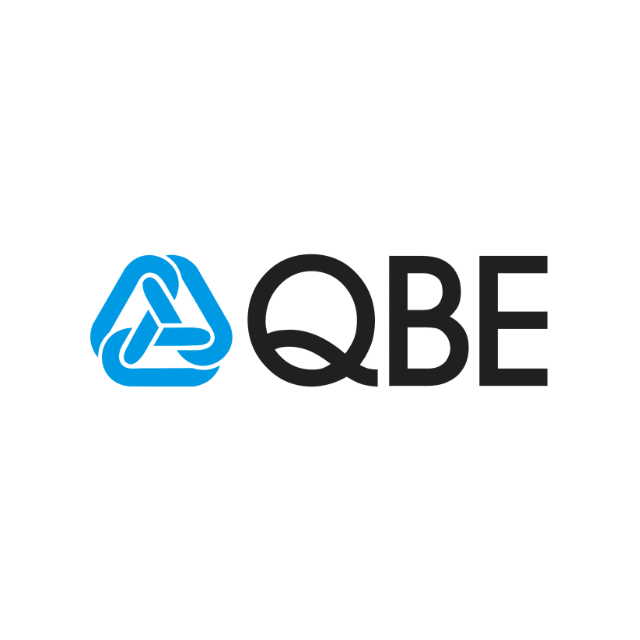
QBE Insurance, Australian Red Cross, and Leading Cities partnering for community-led climate resilience

Industry
Insurance
Summary
Strategic and business-aligned, this highly complex program has ambitious goals and is setting about achieving them through community led solutions for climate impact resilience, engaging employees along the way.
Success factors
True collaboration, leveraging local to global networks to scale the partnership, and employee engagement.
Being part of the evaluation sessions has been the highlight of my year. I am proud to work for a company that invests in resilience solutions for both people and planet.
QBE Employee
Volunteer Participant
Participating was a tremendous privilege. Collaborating with Australian Red Cross and engaging with entrepreneurs from diverse backgrounds provided incredible insight into innovative solutions.
QBE Employee
Volunteer participant
For five years, the QBE AcceliCITY program has been a catalyst for change, driving innovation for urban resilience.
Michael Lake
President and Founder of Leading Cities

About QBE Insurance
QBE is an international insurer and reinsurer with a local presence in 27 countries. Their purpose is to enable a more resilient future. This charity partnership demonstrates a unified commitment to leveraging cutting-edge technology and employee expertise to foster community resilience and address climate-related humanitarian challenges.The Challenge
Climate change presents one of the greatest humanitarian threats, disproportionately affecting vulnerable communities. QBE wanted to advance solutions enabling communities to adapt to climate-related impacts. QBE embarked on finding and supporting entrepreneurs from around the world whose ventures help to make communities more equitable, sustainable, and resilient.
The Solution
The partnership’s ambition is to harness innovation and help scale technology solutions that empower community-led climate resilience and aims to combine the expertise of working with communities, with cutting-edge technology and mentorship, while also embedding QBE employees into the program to foster community connection and leverage their expertise across the QBE business and its networks.
QBE and Leading Cities expanded their AcceliCITY Resilience Challenge to include a Humanitarian track by partnering with Australian Red Cross. This collaboration brought together the unique expertise and networks of the organisations to inspire the new Humanitarian Track.
Together, the three organisations partner to find and accelerate innovative technologies that can support communities to adapt and prepare for the humanitarian impacts of climate change. The partnership’s goal is to ultimately develop and scale those solutions across its global ecosystem.
How it works:
Leading Cities sources innovative solutions globally. Top entrepreneurs undertake a combined QBE AcceliCITY and Australian Red Cross Humanitech innovation curriculum, including;
•Engagement with experts from the three partners’ ecosystems: mentoring and webinar sessions provide a mix of commercial, social and humanitarian training, supporting their solutions’ refinement.
•Direct connection to communities, with facilitated co-design opportunities to co-create and test solutions.
•Co-design workshops with experts from QBE Ventures, Australian Red Cross resilience programs and pro-bono partners to develop sustainable social impact business models.
•Pitch development sessions with QBE volunteers.
•Pilot proposal development, monitoring and evaluation plans, and social impact business cases.
Participants compete for US$100,000 QBE AcceliCITY grand prize and US$25,000 People’s Choice prize. The Humanitarian Track winner receives funding to pilot their tech solution in Australia through Australian Red Cross.
The Results
In 2024 the QBE AcceliCITY Resilience Challenge's Humanitarian Track has attracted 128 high-quality submissions across 70 countries, exceeding first-year target and engaging 191 QBE volunteers who dedicated 464 hours. QBE also boasts a strong organizational culture, reflected in a 90% retention rate and a 96% year-to-date direct hire rate from February to July 2024.
Five pilot projects have been successfully launched in communities including producing electricity from soil in eight high schools; a smart parking solution making downtown areas more accessible; an urban food program that helps achieve the pilot city’s zero waste goals; removing micro-organic pollutants from wastewater; and a circularity solution to repurpose plastic waste into material for 3D printing community
vending machines. A further 10 pilot projects are currently being negotiated and designed. Now, Australian Red Cross has engaged one of Australia’s most isolated and high-risk communities, Dargo, in Victoria. Although already focused on disaster preparedness and building adaptive capacity, the community voted unanimously to participate in co-designing and piloting the winning Humanitarian Track entrant’s solution to support resilience efforts.

